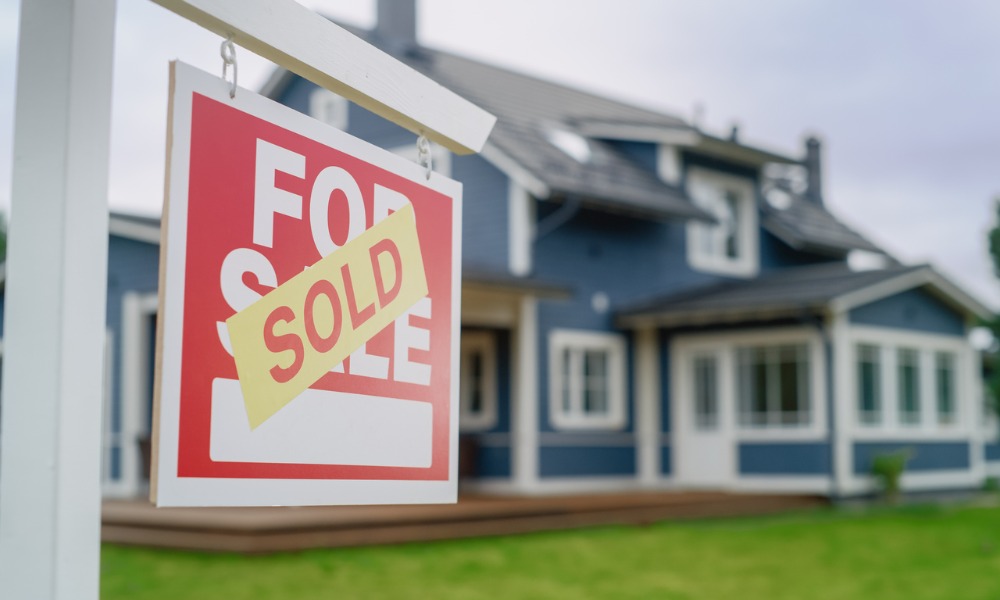But Quebec City faces 'problematic' housing shortage

Quebec's strong residential real estate market continued its momentum into the second quarter of 2024, according to the Quebec Professional Association of Real Estate Brokers (QPAREB).
The province saw a 12% increase in residential sales compared to the same period in 2023, with over 26,166 transactions. This surpasses the historical average for the second quarter since data collection began in 2000.
“The momentum of the first quarter continued in most Quebec regions with an increase in sales and prices in the second quarter,” said Charles Brant, market analysis director at QPAREB. “Although the peak spring season lived up to expectations in terms of sales, it may have disappointed many buyers who anticipated benefiting from both an increase in property inventory and the first drop in the key interest rate in four years.”
Brant noted in the report that properties in recreational markets sold less quickly, particularly those with less desirable features or located in flood zones.
Inventory stays tight
Despite the overall rise in active listings (22%), inventory remained well below historical averages.
The number of months it takes to sell a property in Quebec (all categories combined) is still relatively short at 5.2 months, indicating a seller's market. However, there has been some increase in selling times compared to last year.
This seller-friendly market continues to favour plexes (multi-unit dwellings), which saw a notable 21% increase in sales.
“This property category experienced particular popularity due to the homeownership strategy of first-time homebuyers, as well as the interest of investors in more attractive rental income,” Brant said.
“Even if the lack of properties on the market continues in several sectors in the Montreal region, it is especially proving problematic in the Quebec City region and leading to new price peaks, all categories combined.”
Modest price growth
Price growth remained relatively moderate, according to the report. The median price of single-family homes rose by 5% to $452,500, while condominiums saw a 3% increase to $379,000. Small-income properties experienced a slightly higher growth of 10%, reaching a median price of $603,500.
Read next: Canada housing market struggling to find rhythm, says new report
The increase in sales was widespread across the province, with most census metropolitan areas (CMAs) experiencing growth. The Drummondville CMA saw the most significant rise at 19%, followed by Sherbrooke (+13%), Gatineau (+11%), Montreal (+11%), and Quebec City (+8%). However, Trois-Rivières and Saguenay CMAs saw a slight decline in sales.
Make sure to get all the latest news to your inbox on Canada’s mortgage and housing markets by signing up for our free daily newsletter here.



